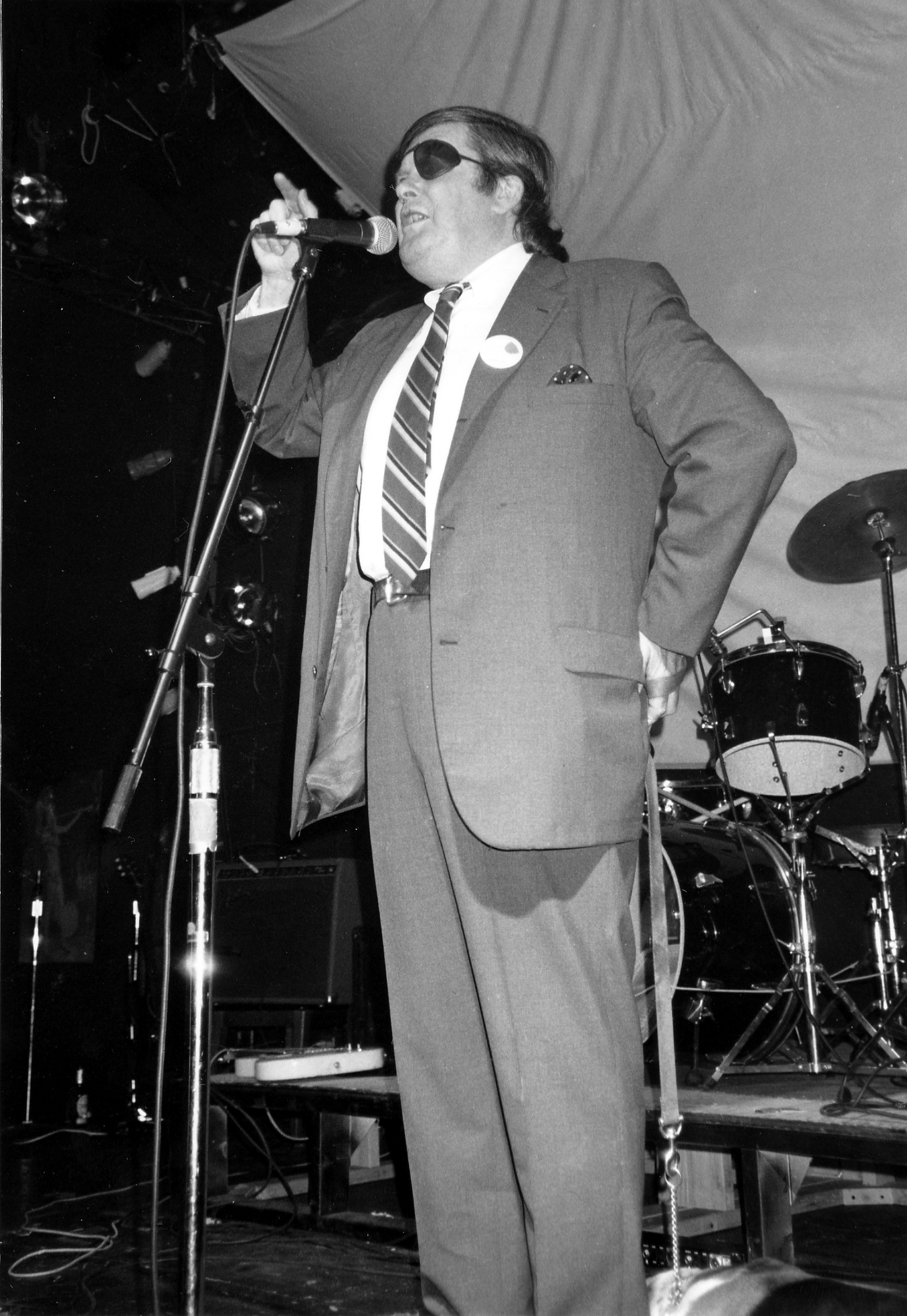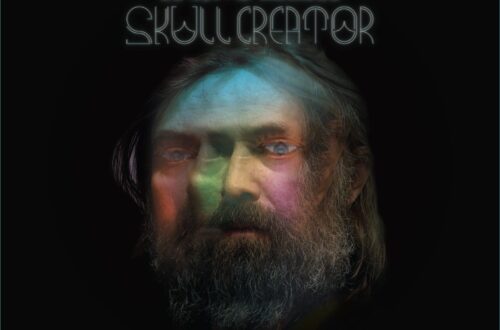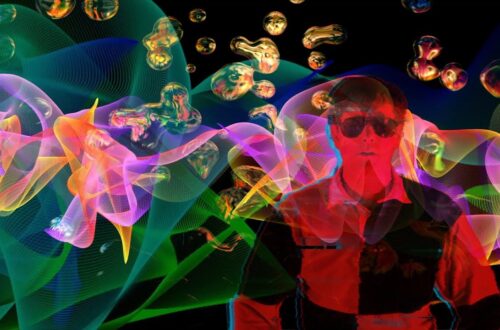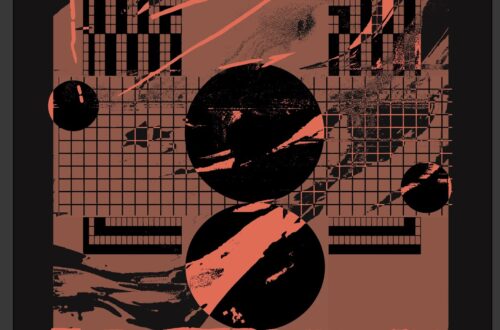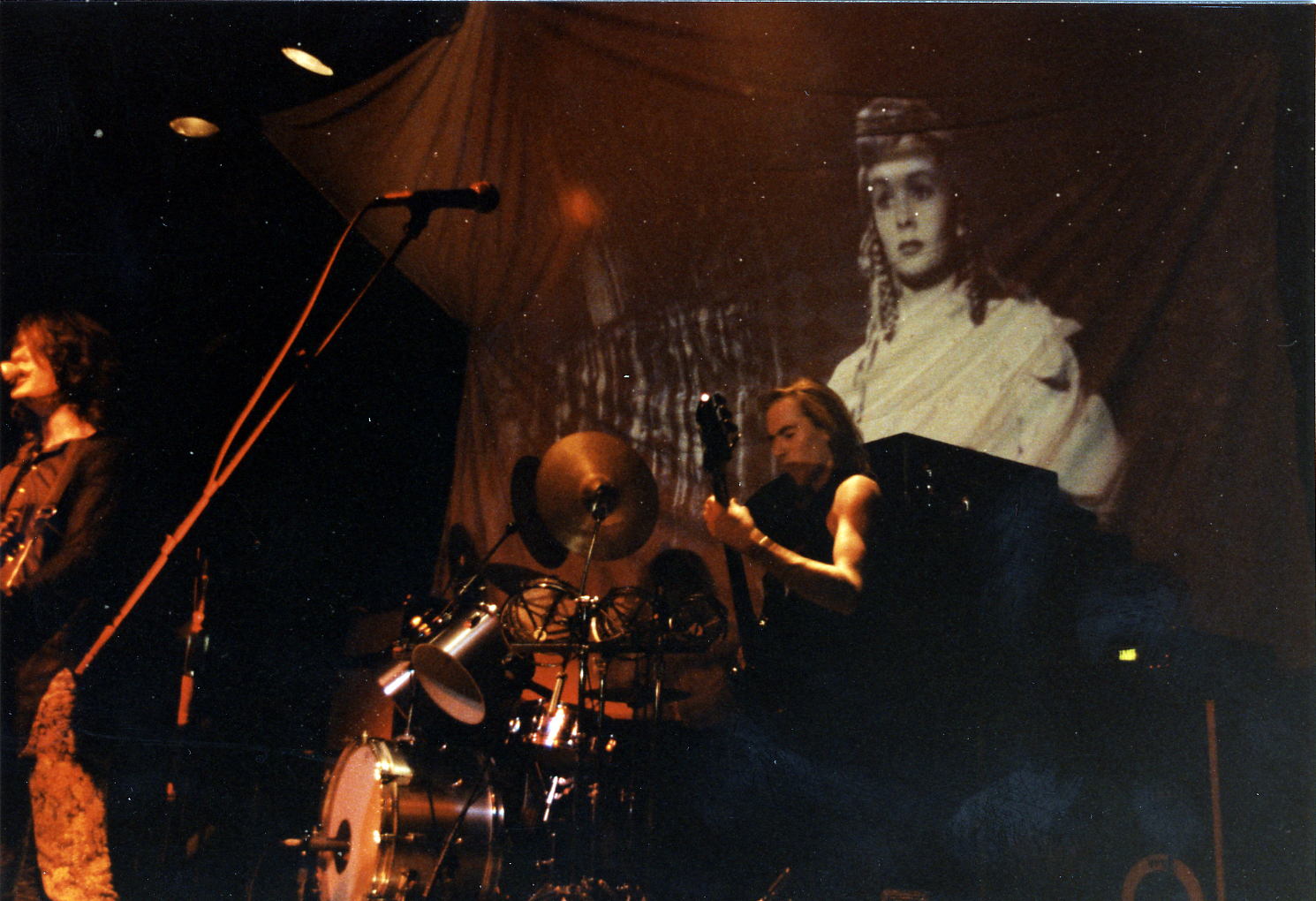
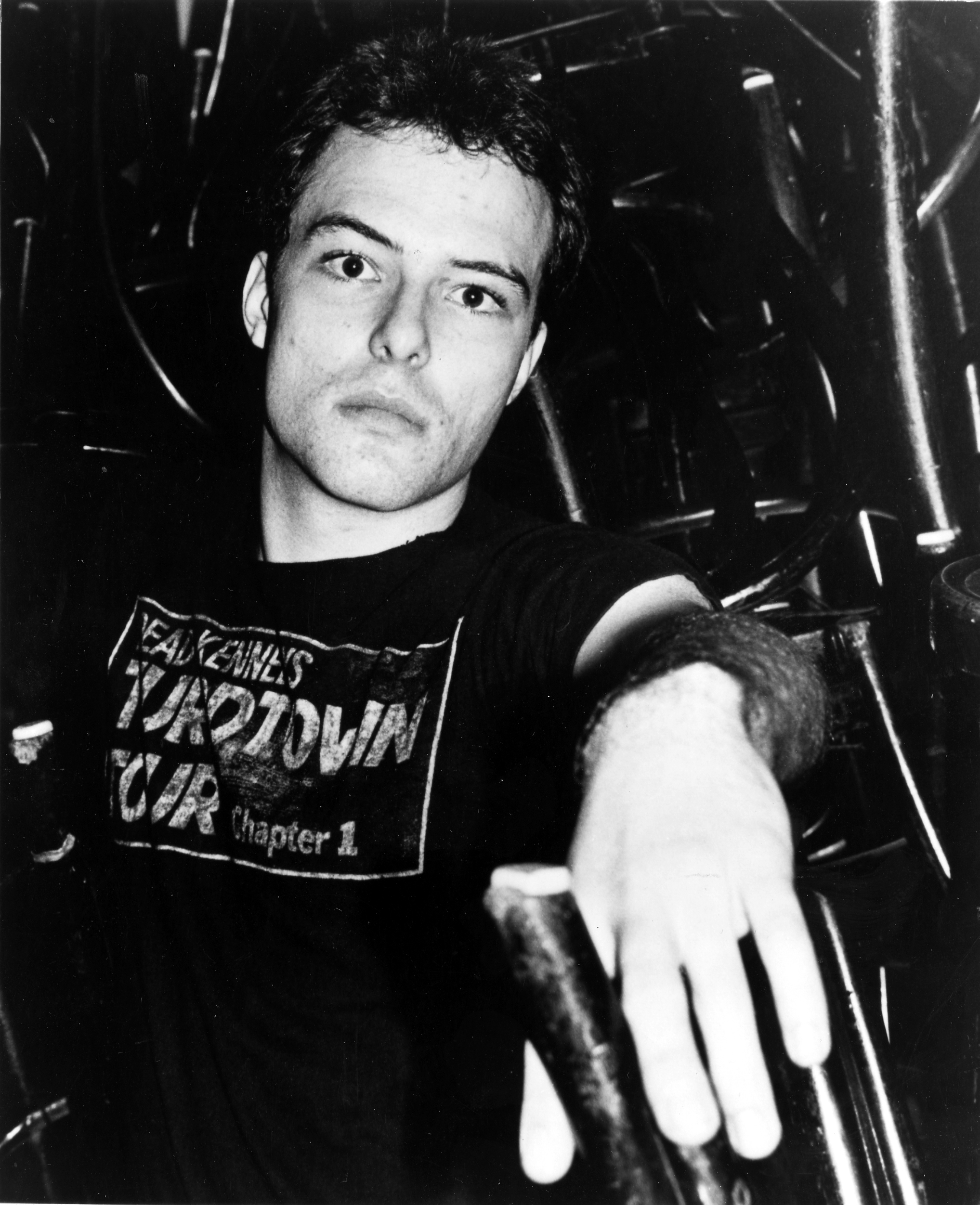
The charge centered on the record album, “Frankenchrist” by Dead Kennedys, released on Alternative Tentacles Records. Enclosed, as part of the album was a poster reproduction of a painting by world-renowned Swiss surrealist master HR Giger.
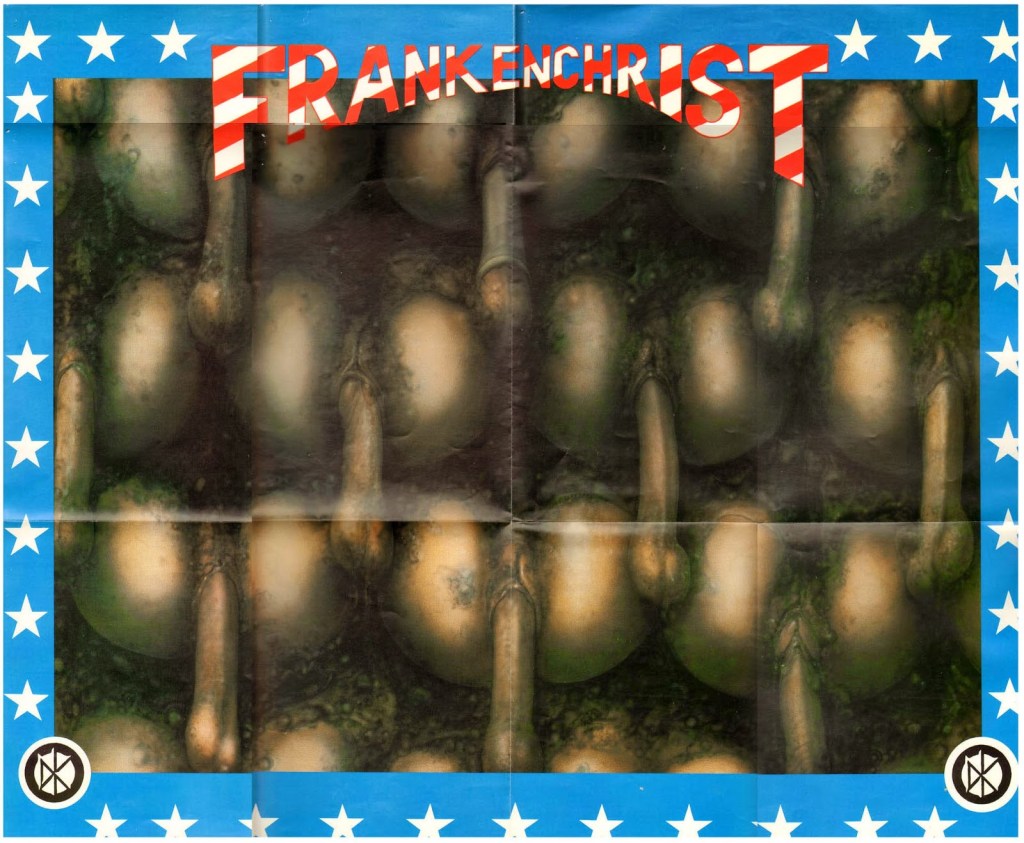
Also, I thought it was outrageous to consider Giger’s artwork as pornography since his work was considered mainstream by 1987. In fact, the movie Alien (1979) introduced Giger’s work to moviegoers all over the world. His work could be seen on videotape and in science fiction magazines, easily accessible to many young people. But this was the conservative decade, the Reagan regime. It was around this time the Senate anti-music hearings were staged by Senator Al Gore (future Vice-President) and his friends as a favor to his wife, Tipper Gore. Tipper and her right-wing friends were calling themselves the Parent’s Music Resource Center (PMRC). Among the PMRC’s demands was that censorship for record albums, through a labeling system of warning stickers, was necessary. Their intent was a “reassessment of contracts” for artists whose lyrics they felt were, “sexually explicit,” “anti-Christian,” or mentioned suicide or homosexuality.
“Expert witnesses” called by the Washington Wives, blamed rock music for gang violence, suicide, murder, devil worship and sexual perversion. Their Nazi-style campaign to crack down on literature and music that they (the PMRC, Jerry Falwell, and other far-right idiots) deemed immoral was creating a climate of hysteria throughout the music business. Rock music and especially independent music became an easy target for these zealots, particularly because we were the poorest, lacking the big dollars to defend ourselves. Pow Magazine was certainly making fun of the current administration in each issue, even though it wasn’t political literature. If we promoted the same type of music the PMRC considered anti-Christian and sexually explicit, I thought it was time to wake up our readers.
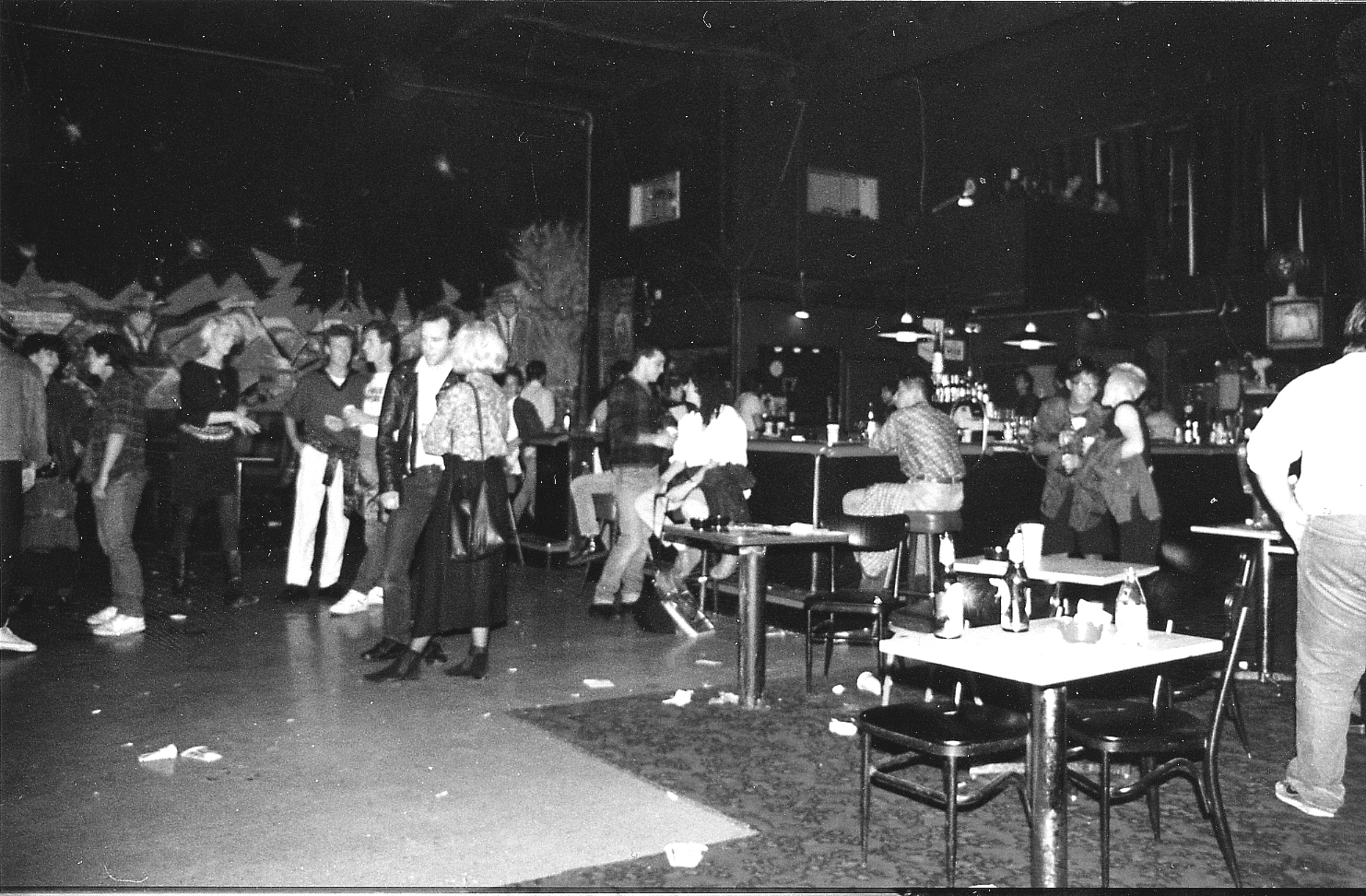
Another problem was the South Bay club circuit, which in 1987 was few-and-far-between. However, a lot of bands said they’d be happy to help us out if we could find a venue. The legendary Laundry Works music club, which hosted a lot of great alternative bands, had closed early in 1987. Mike Trippett and Sean Galvin were running a temporary club until the The Cactus Club opened for business. Dave and I were stuck with a three-band bill because of the small stage and tight space for a 19th September show. We knew that we wouldn’t make a lot of money for Dirksen, but we were going through with the show anyway because we believed in the cause.
In mid-August, we started to flyer the bay area and we sent out press packets to all the local college stations and newspapers. However on the 27th of August, the 3-week criminal trial in Los Angeles ended with the jury deadlocked, 7-5 in favor of acquittal. Even though “Frankenchrist” was not found to be obscene, Biafra, Dead Kennedys and Alternative Tentacles records were subsequently banned from a multitude of chain stores nationwide. This was exactly the type of de-facto censorship Tipper Gore and the PMRC had in mind. Dave and I decided to continue with the benefit show because the organization was stuck with approximately $12,000.00 of debt. This money would also help continue to share their censorship experience with others through the organization’s campaign literature.
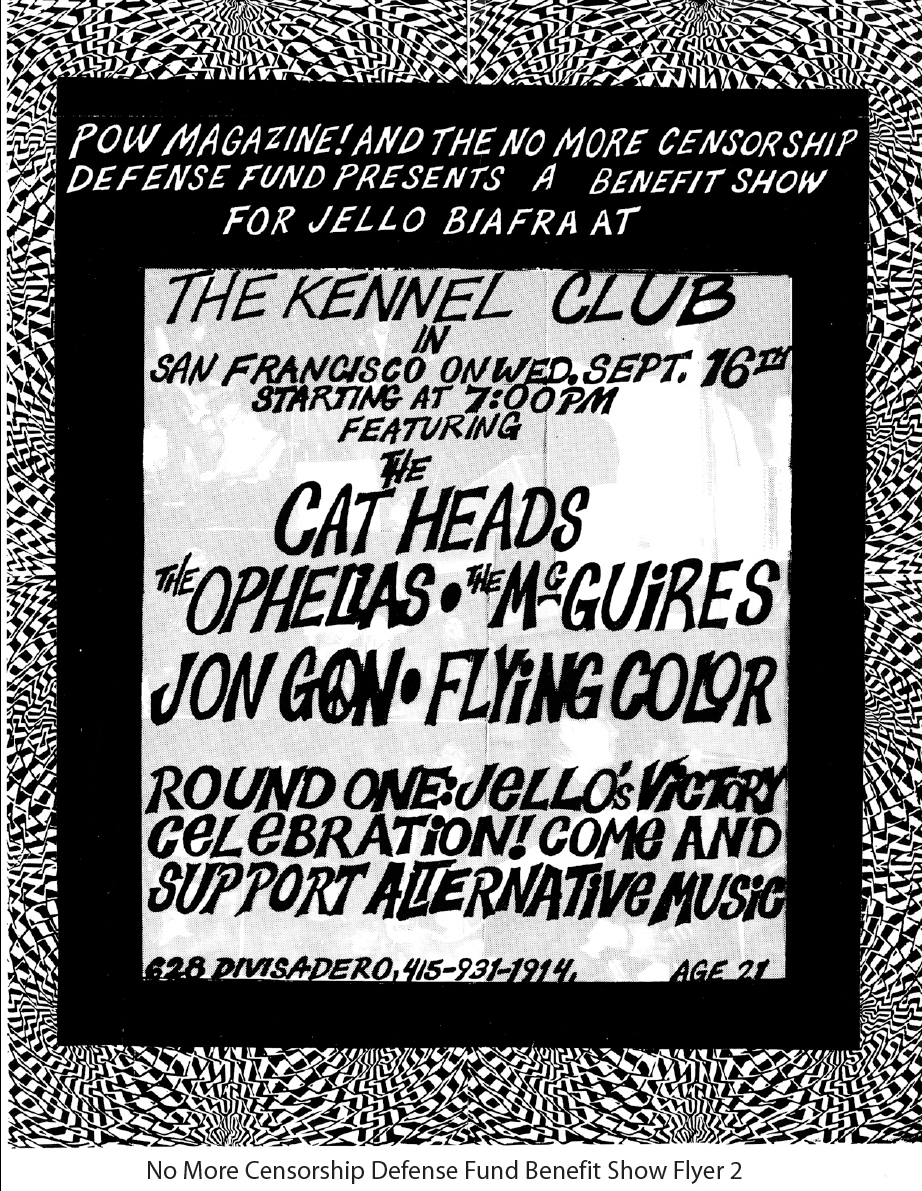
Pow bands that were presented on the bill were Jon Gon, The McGuires, The Ophelias, Flying Color and Catheads. Dave originally wanted Johnny and the Potato Chips when we had a six-bill band until the club encouraged us to cut it down. I originally wanted Camper Van Beethoven as the headliner, but they were touring at the time. I felt the Catheads could draw a large audience and they belonged on this bill, but they were scheduled to play at the Berkeley Square club the same night of our show. As outrageous as it seemed at the time and probably out of desperation, I begged the manager, Yvette, to get Catheads to play our show after they were done with the gig in the East Bay. She agreed that they belonged on this bill and convinced the band to play the 12:00 PM slot. Convincing the Flying Color band to share their equipment and gear with the Catheads wasn’t a big deal—they understood the gravity of our problem.
I felt we needed to record the show and I found Joy Engstrom willing to take on our project for free since the cause was an important one. She had just started a new video company, Metro Media Productions.
I also felt the show needed visuals to enhance the experience and to pay tribute to San Francisco’s psychedelic past. I asked the bands to send me some visuals on slides and they were incorporated into a fantastic psychedelic light show The Seeing Eye, produced by Richard Joste.


We spent a few dollars and a lot of time at the drafting table producing artwork and flyers for our promotions. We didn’t have the big bucks like BGP, but we did manage to get a mention on MTV news and in newspapers throughout the Bay Area. The bands themselves helped promote the show through their channels as well.
Probably the most memorable time was the radio interview on College Station, KUSF in San Francisco on the eve of the show. I was very nervous for my first words on the air, but as things got going about the topic of Censorship, things started to get interesting. Ironically, we all had to sign a form before going on the air as some kind FCC protocol. During the interview, we really gave the radio listener a sample of what censorship was about when the band members started poking fun at Pope John Paul II, who would be visiting San Francisco the next day. Judy, our KUSF host, reminded us off the air that since we were on a private, coeducational Jesuit University radio station we might offend the school or bring attention to the station. So, we agreed to lay off the Pope for the time being. However, as the band’s comical antics continued in the studio about what censorship was to them, I blurted out “Yeah, this station won’t even let us make fun at the Pope!” For a second, I watched smiling faces turn shocked faces around the studio and we quickly moved on. I didn’t even think about what I was saying – it just unconsciously came out! I later apologized to Judy about my comment and she was okay with it. “It happens.”




The Catheads at The Kennel Club, September 16, 1987
Coming over the bridge by car for the 12 PM show, The Catheads arrived in time for the final hour, performing their blend of quirky and aggressive garage rock. Before starting the last song, “Golden Gate Park”, guitarist/vocalist Mark Zanadrea invited anyone who wanted to get on stage and help out. John Stuart from Flying Color was the first to join the wild finale, resulting in the accidental busted lip to Zanandrea.

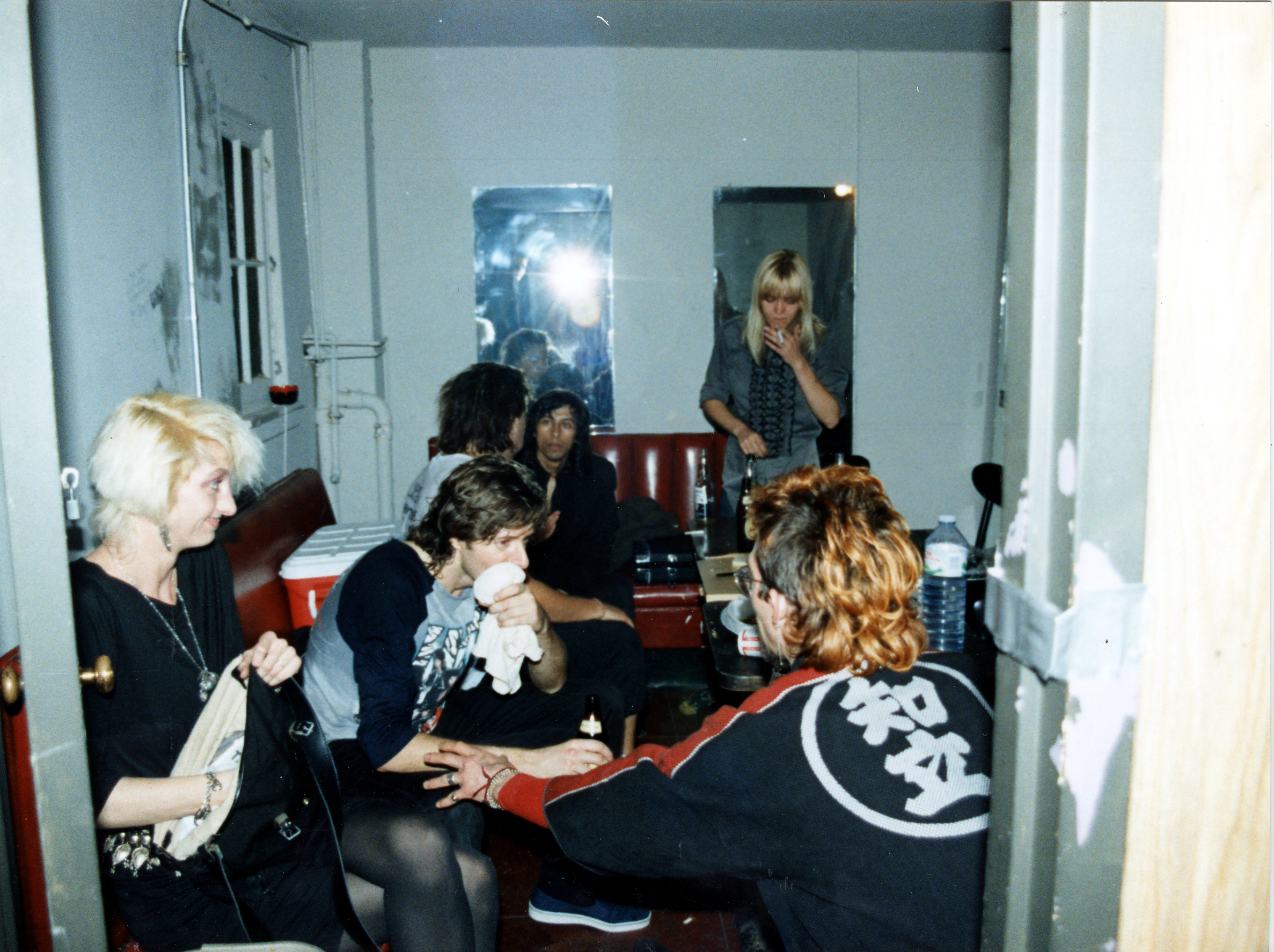
The show was a huge success for The Kennel Club and POW Magazine. We might have raised close to $1,000.00 for the “No More Censorship Defense Fund” and Dirksen was interested in continuing the work with us for the next show in the South Bay and I was more than eager get going. However, by this time we had lost Muzzies and had to ask the One Step Beyond club in Santa Clara to help us out, which is another story.
Originally, POW Magazine was going to release the videos after the shows to raise money for the No Censorship Defense Fund, but after struggling financially to keep the magazine going, we closed the pages in 1989 forever. I don’t think I ever asked for the tapes.
In 2007, it was the 20th anniversary of “No More Censorship Defense Fund Show” and I wanted to release commemorative CD. I felt that it was important to preserve band interviews and music from Pow Magazine for future music patrons. I came across videotapes of our One Step Beyond Show and begin to digitize an audio version of the show to CD, but I did not have The Kennel Club show for some reason. I googled Engstrom and found her in San Jose and she still had the Kennel Club tapes—after 19 years.
Dennis Gonzales
Founder of Pow Magazine
www.powmagazine.org
My info:
408.386.2845
dennisgonzales69@gmail.com
My bio:
http://www.powmagazine.org/profile/dennis-gonzales/


